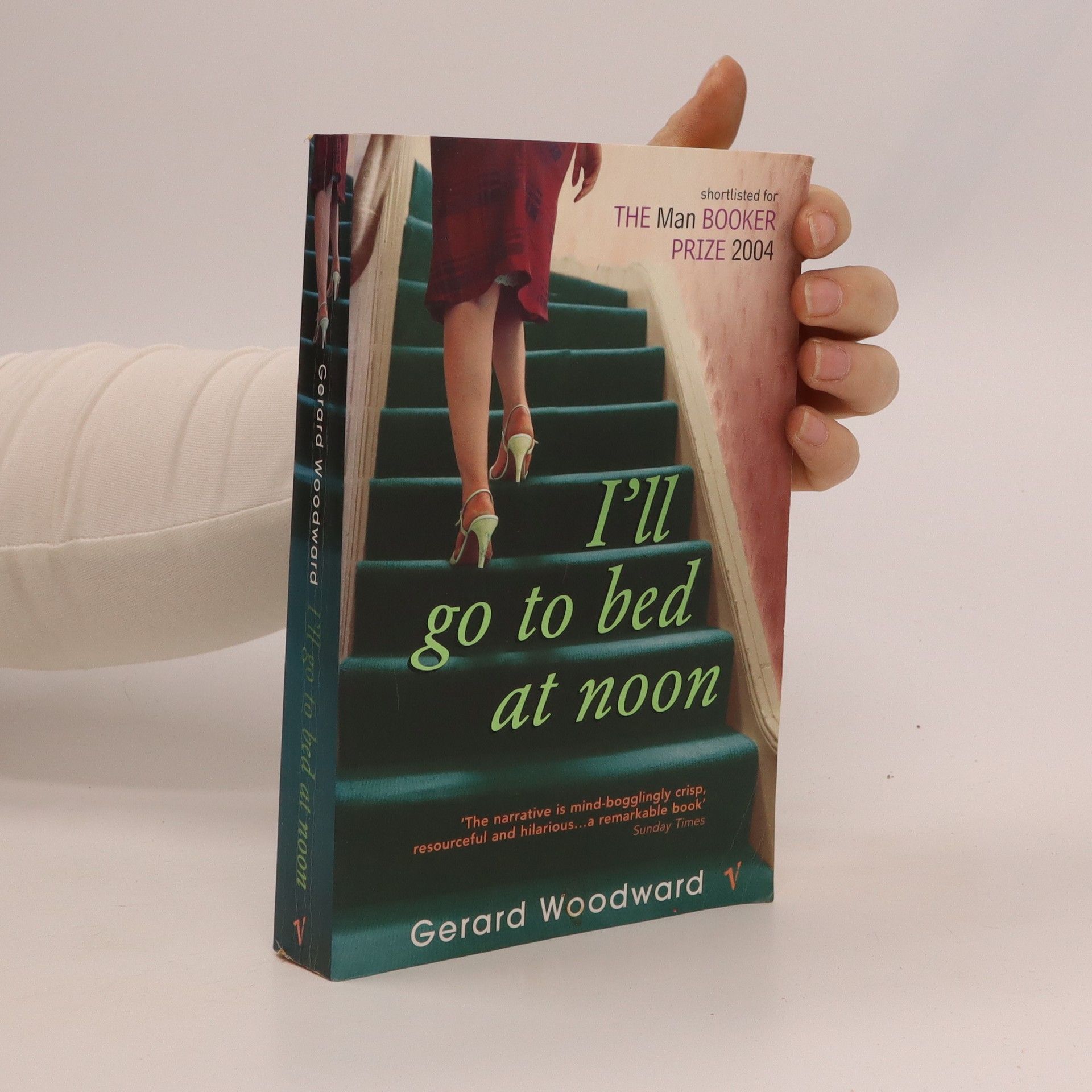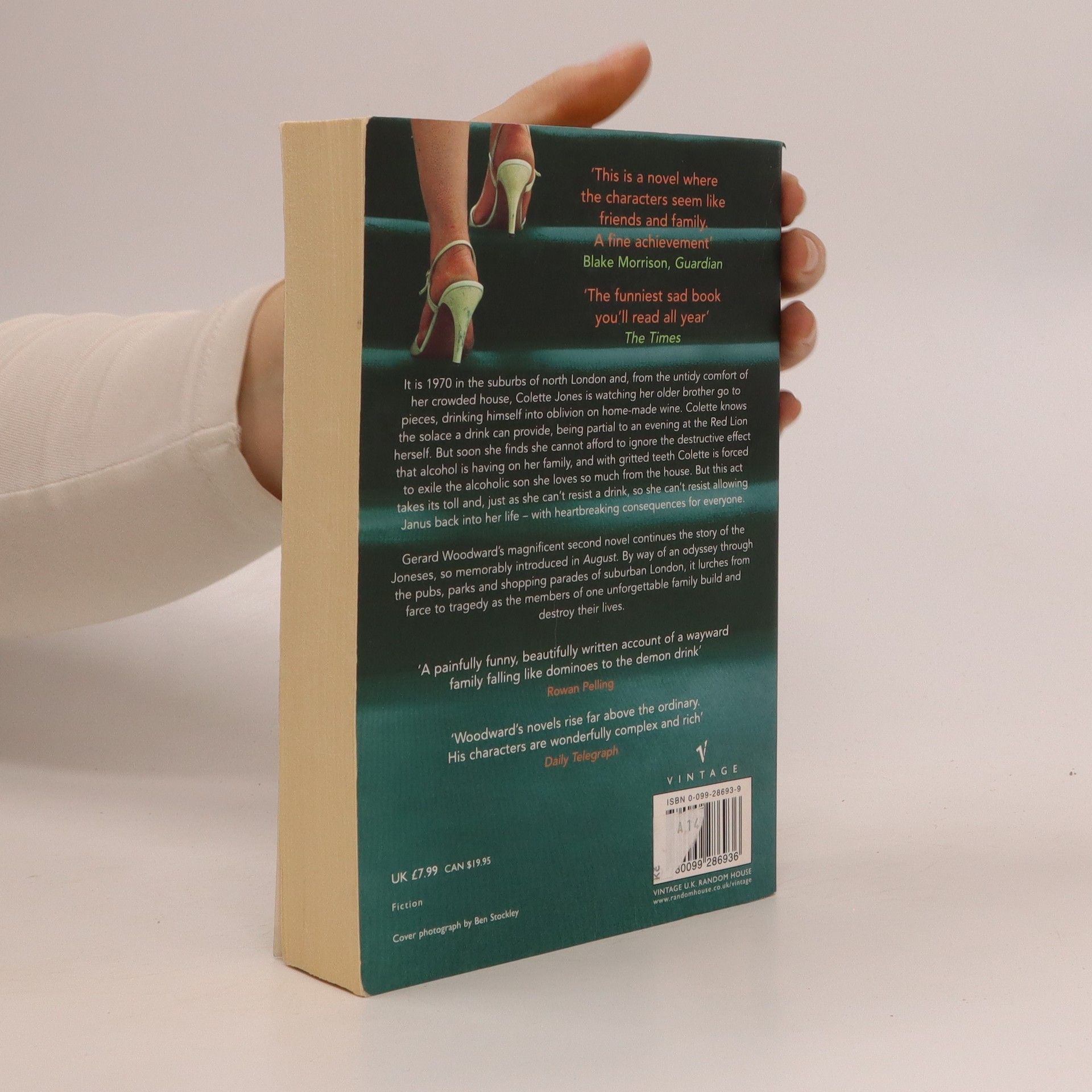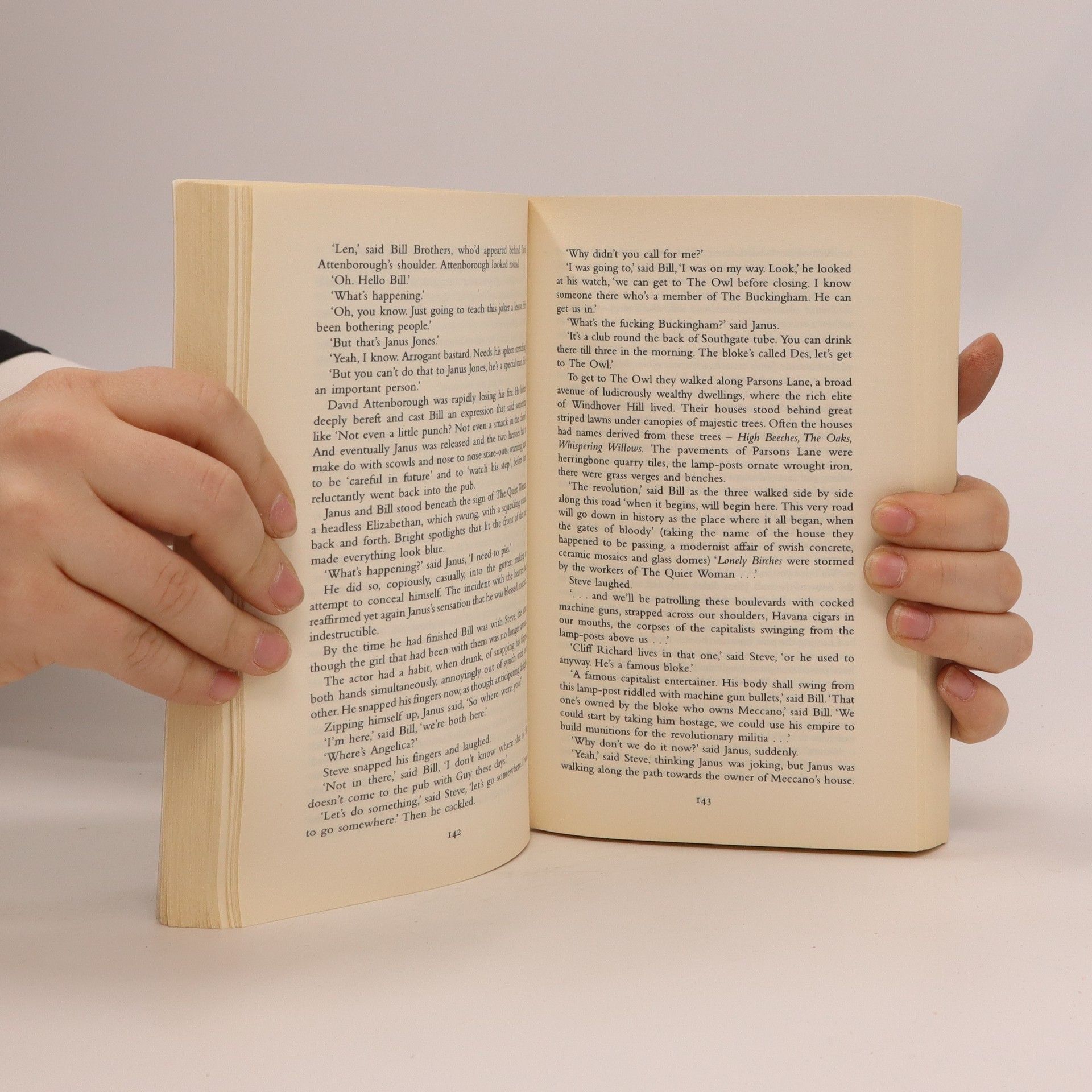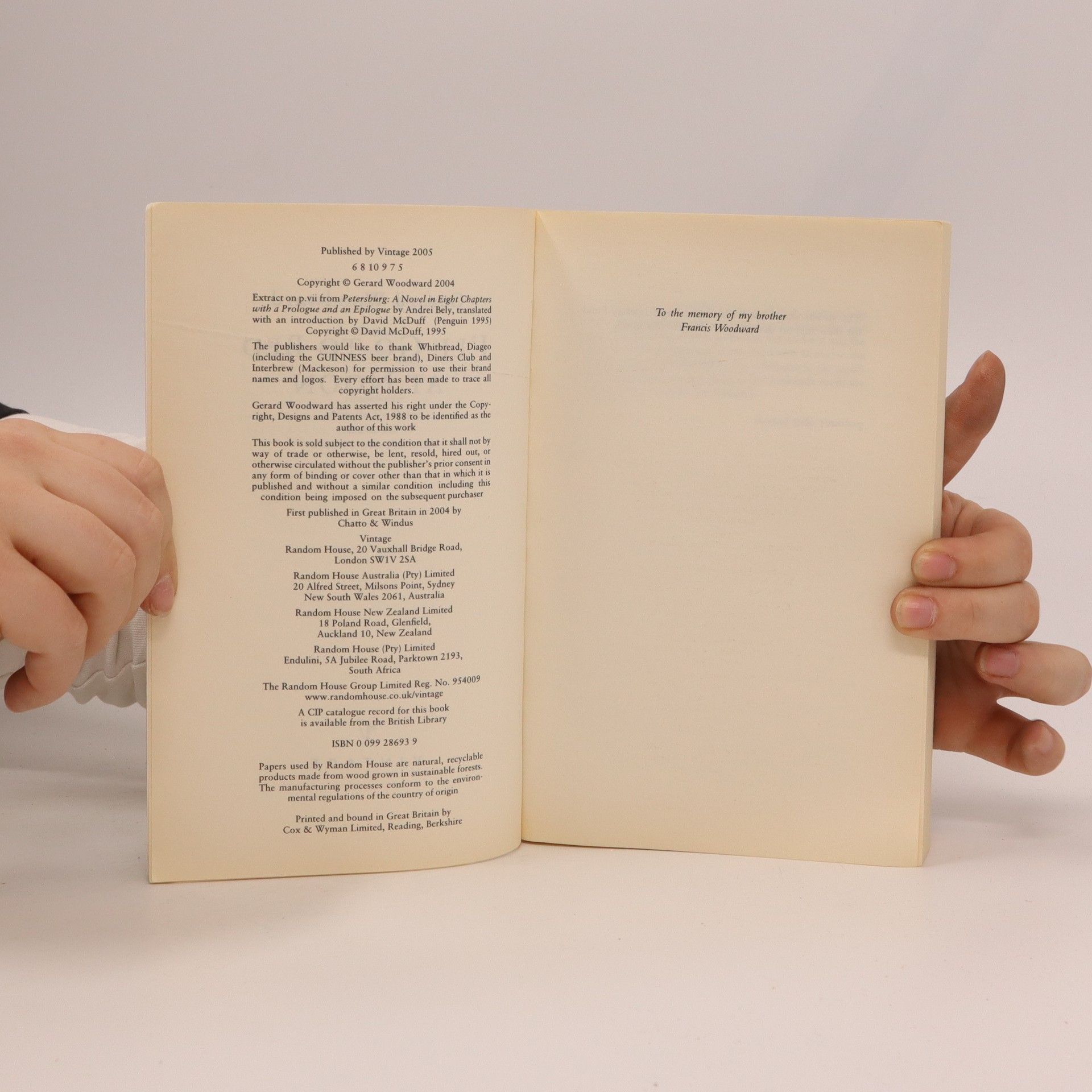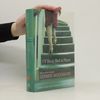I'll Go to Bed at Noon
Authors
Parameters
Categories
More about the book
Colette Jones has had drink problems in the past, but now it seems as though her whole family is in danger of turning to alcohol. Her oldest son has thrown away a promising musical career for a job behind the counter in a builders' merchants, and his drinking sprees with his brother-in-law Bill, a pseudo-Marxist supermarket butcher who seems to see alcohol as central to the proletarian revolution, have started to land him in trouble with the police. Meanwhile Colette's recently widowered older brother is following an equally self-destructive path, having knocked back an entire cellar of homemade wine, he's now on the gin, a bottle a day and counting. Who will be next? Her youngest son had decided to run away to sea, but when her own husband hits the bottle Colette realises she has to act. As the pressure builds on Colette to cope with these damaged people, her own weaknesses begin to emerge, and become crucial to the outcome of all their lives. By way of an odyssey through the pubs, parks and drying-out clinics of suburban North London, Gerard Woodward's richly woven second novel I'll Go To Bed At Noon charts in microscopic detail the continuing history of a troubled but unforgettable family (first encountered in August) as it lurches from farce to tragedy and back again, and from one end of the 1970's to the other, and at the same time presents an unflinching portrait of British society in the unstable years leading up to the Thatcher revolution.
Publication
Book purchase
I'll Go to Bed at Noon, Gerard Woodward
- Language
- Released
- 2005
- Book condition
- Good
- Price
- €0.99
Payment methods
- Title
- I'll Go to Bed at Noon
- Language
- English
- Authors
- Gerard Woodward
- Publisher
- Vintage Books
- Released
- 2005
- ISBN10
- 0099286939
- ISBN13
- 9780099286936
- Category
- World prose, Contemporary Literary Fiction
- Description
- Colette Jones has had drink problems in the past, but now it seems as though her whole family is in danger of turning to alcohol. Her oldest son has thrown away a promising musical career for a job behind the counter in a builders' merchants, and his drinking sprees with his brother-in-law Bill, a pseudo-Marxist supermarket butcher who seems to see alcohol as central to the proletarian revolution, have started to land him in trouble with the police. Meanwhile Colette's recently widowered older brother is following an equally self-destructive path, having knocked back an entire cellar of homemade wine, he's now on the gin, a bottle a day and counting. Who will be next? Her youngest son had decided to run away to sea, but when her own husband hits the bottle Colette realises she has to act. As the pressure builds on Colette to cope with these damaged people, her own weaknesses begin to emerge, and become crucial to the outcome of all their lives. By way of an odyssey through the pubs, parks and drying-out clinics of suburban North London, Gerard Woodward's richly woven second novel I'll Go To Bed At Noon charts in microscopic detail the continuing history of a troubled but unforgettable family (first encountered in August) as it lurches from farce to tragedy and back again, and from one end of the 1970's to the other, and at the same time presents an unflinching portrait of British society in the unstable years leading up to the Thatcher revolution.
